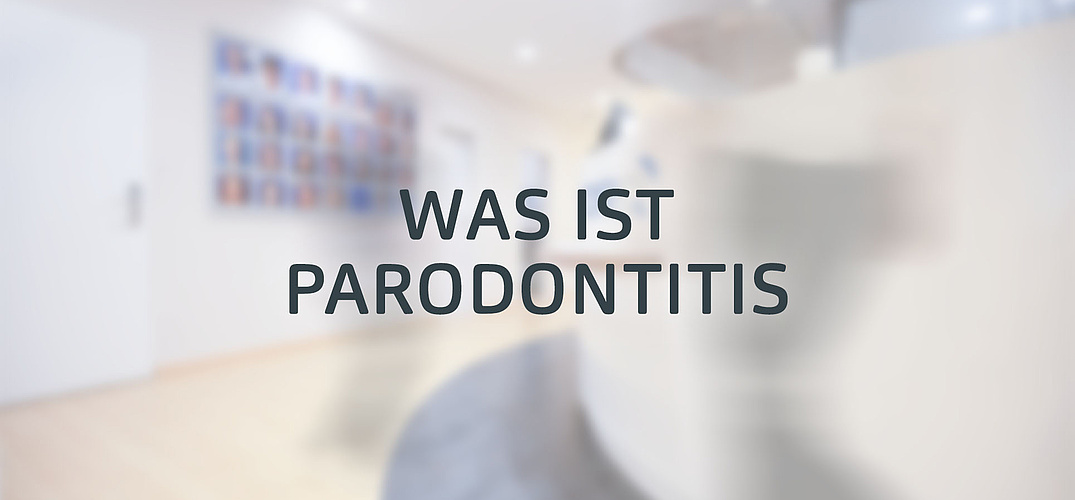What means Periodontal Disease?
Periodontal disease / periodontal disease
Periodontitis (or, colloquially, periodontitis) is an inflammatory disease of the periodontium. With their metabolic and decay products, bacteria trigger defense reactions in the body, which lead to increasing bone loss and ultimately to loosening of teeth. Since these pathological processes are often painless, many periodontal diseases remain untreated. In addition to an aesthetic impairment, the loss of the tooth must be expected if measures are not taken in good time. In most cases, periodontal disease affects several teeth. Bleeding gums, bad breath, discolored plaque or changes in the position of the teeth can be the first signs and should always be checked by a dentist. Periodontitis is even a widespread disease that affects around 80% of the population. With increasing age, both the likelihood of developing the disease and the percentage frequency of severe forms of this disease increase. Young adults are less likely to be affected. The course of the disease and its consequences are much more aggressive in this group.

